Opportunities for Involvement
Trinity’s Integrated Sustainability Initiative
Interested in working with Trinity’s Integrated Sustainability Initiative as you complete your undergrad? Keep an eye out on CLnX (Co-Curricular Learning Network) for open positions, or reach out to our current Work-Study Students on our contact us page to ask about what the role looks like!
- Click to learn: what is Work-Study?
The Canadian Association of Physicians for the Environment (CAPE) takes action to enable health for all by engaging with governments, running campaigns, conducting research, and drawing media attention to key issues. They collaborate with other organizations, nationally and internationally, to work effectively and build power together. We support physicians to be advocates for healthier environments and ecosystems.
The Canadian Environmental Law Association (CELA) is a specialty legal clinic within the Ontario-wide network of clinics funded by Legal Aid Ontario. They provide free legal services to people and groups across Ontario that qualify for legal aid. CELA works to protect human health and our environment by seeking justice for those harmed by pollution and by working to change policies to prevent such problems in the first place. As a Legal Aid Clinic, their top priority is to represent low-income individuals and communities and to speak out for those with less influence and who receive less of a say in decision-making.
Aboriginal Legal Services (ALS: formerly Aboriginal Legal Services of Toronto) was established on February 21, 1990. ALS was formed following a need for a legal related program for Aboriginal people living in the Greater Toronto Area. They seek to strengthen the capacity of the Aboriginal community and its citizens to deal with justice issues and provide Aboriginal controlled and culturally based justice alternatives.
- Canadian Association of Physicians for the Environment (CAPE) Careers: – Program Coordinator – Advocacy and Mobilization Training Program
Undergraduate Courses: Research Opportunities
Interested in making a real difference in the community? As a part of the Ethics, Society & Law Program, you can be invited to join the CRPE course (TRN407Y) in your final year to partner with ethical organizations, some of which are pioneering in the fields of environment and sustainability. Check out our “sustainability courses” section to learn more about CRPE. You can also read past news article about the CRPE course:
- Meet ES&L students and learn about their CRPE experience and the impact of their research
- Beyond the classroom: Ryan Chan’s impactful coursework
The Research Opportunities Program (ROP) gives undergraduate students in their second and third year the chance to join a professor’s research project and earn course credit towards their degree and program requirements. Students learn research methods, get to know fellow students and share in the excitement and discovery of acquiring new knowledge. They develop relationships with faculty members who can act as mentors during their undergraduate years and assist them in applications to graduate schools or professional Faculties.
- Click to learn more and see how to apply: what is ROP?
U of T Sustainability Groups, Clubs and Offices
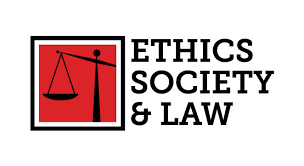
The Ethics, Society & Law Students’ Association (ES&LSA) is a course union that represents the voices of ES&L program students. The Sustainability Representative is an appointed position by Trinity’s Integrated Sustainability Initiative’s Associate Director, Prof. Nicole Spiegelaar. You can apply to the role upon graduation from TRN312: Sustainability in Ethics, Society & Law. The Sustainability Rep will be responsible for organizing events surrounding sustainability in conjunction with the Initiative and bringing awareness to the topic within the ES&L student body and the University’s community at large.
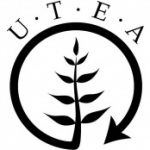
University of Toronto Environmental Action (UTEA) is a student-run organization that unites University of Toronto students from across all disciplines to protect and preserve our common future. Climate change is unfair; let’s fight to end it.
Follow their social media to run for open executive positions or attend an Anual General Meeting.
- Email: utea.utoronto@gmail.com
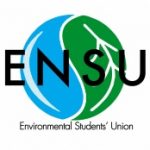
The Environmental Students’ Union (ENSU) is a student-run organization representing the students enrolled in the programs at the School of the Environment and affiliated departments. ENSU acts as a liaison between these students and their corresponding faculties.
Follow their social media to run for open executive positions or attend an Anual General Meeting.
- Email: ensu.utoronto@gmail.com
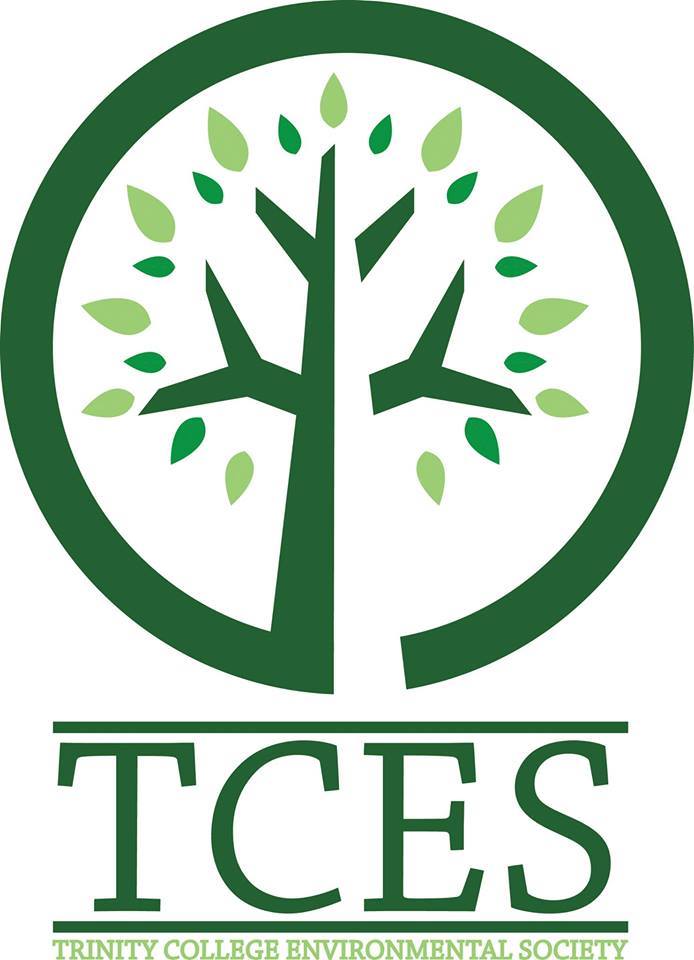
The Trinity College Environmental Society (TCES) is a group of students and staff at Trinity College dedicated to environmental advocacy. The club hosts many events from documentary nights, conferences, discussions, debates, conservation projects, to volunteer outings. The TCES hosts a couple of events each month and often collaborates with other clubs like the Lit, the TCVS, and U of T wide groups like UTERN and ENSU.
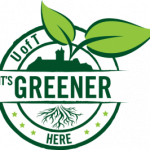
The U of T Sustainability Office is a resource hub for sustainability on the St. George campus run by a fleet of staff that work in all sectors of sustainability. They share great information on what UofT is doing to become more sustainable and what their goals are for UofT’s future. Follow their work so you can see where UofT is at and how we will reach our Sustainability goals as a city within a city. It’s Greener Here.
- Email: sustainability@utoronto.ca
Other Opportunities
Caterpillars Count is a citizen science project that tracks arthropod populations’ abundance and seasonal changes in forest habitats. Arthropods are invertebrates that have an exoskeleton, joined legs, and a body made up of segments. These include insects, arachnids, myriapods, and crustaceans (BBC, 2020).
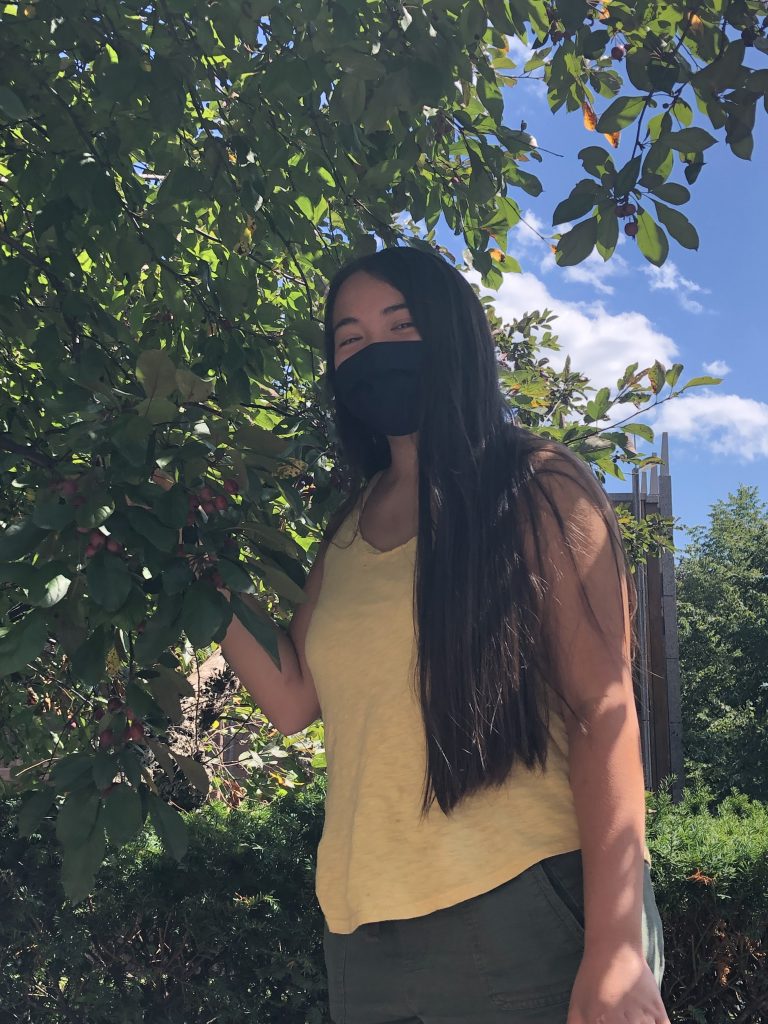 |
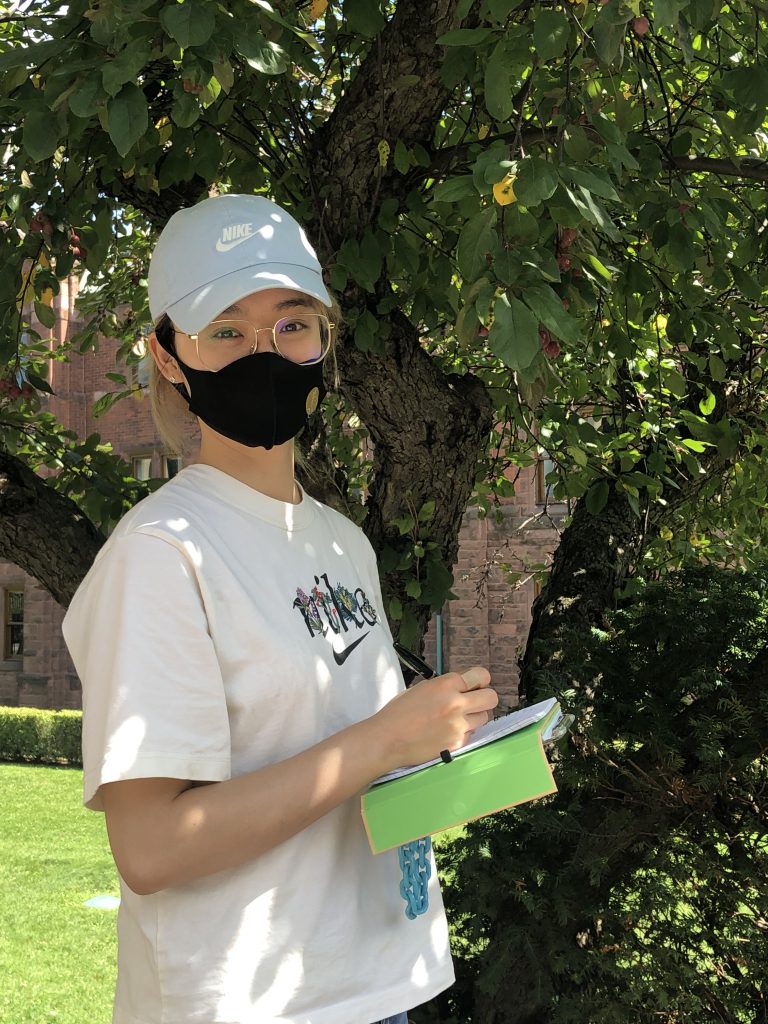 |
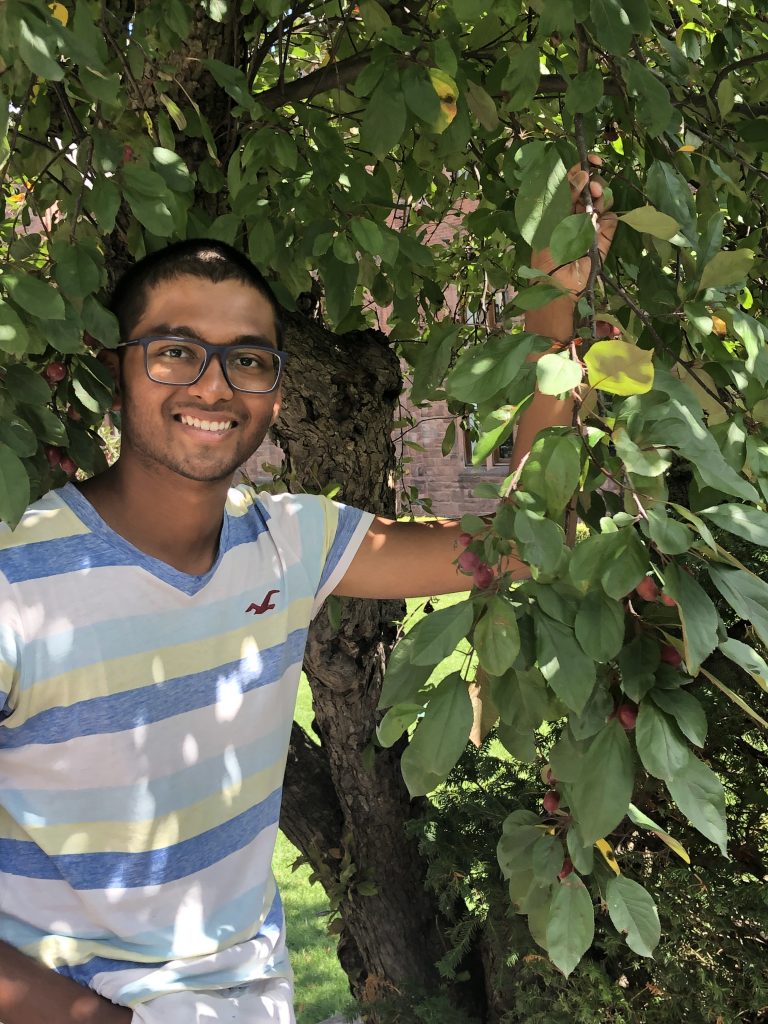 |
| Pictured above are our volunteers during summer 2021: Olivia Rodrigo, Sophie Tan, and Devajyoti Chakraborty. | ||
Click to read student findings: Caterpillars Count 2021 Summary (PDF)
EcoSpark is an environmental charity connecting people to their local natural environment through education, monitoring and stewardship. Operating since 1996, EcoSpark has developed a reputation as a community leader in local engagement, education, citizen science and collaboration.
Citizen Science is a participatory approach to environmental research where participants learn about local green spaces by contributing collected scientific data to real studies. Typically organized or managed by professional scientists, the collection of crowdsourced data sets are utilized to both gain a better understanding of the world around us, and answer practical and pressing questions.


